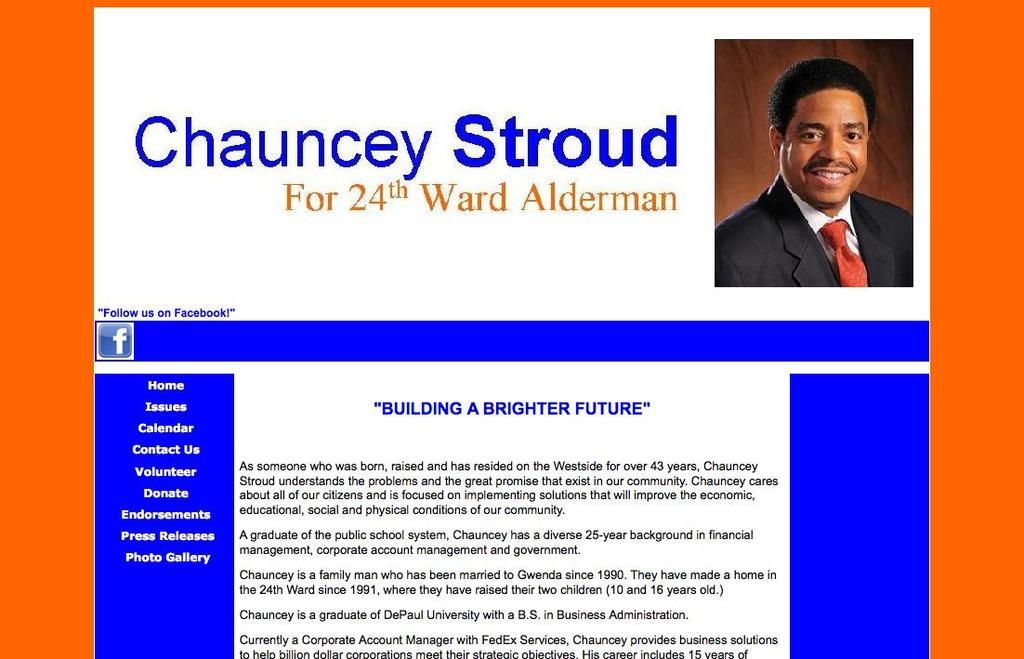U.S.-China customs accord remains undisclosed by Chinese authorities
Title: Behind Closed Doors: The Elusive Trade Deals Between US and China
Let's get this straight: The cat's out of the bag – China's keeping schtum about the supposed tariff deal with the US, following Trump's proclamation of an agreement to relax export restrictions in their ongoing trade spat. The Foreign Ministry spokesperson, Lin Jian, confirmed in Beijing that both nations have made progress in addressing each other's economic and trade concerns. Beijing is also reviewing export permits for the processing of rare earths, a global market heavyweight for the Chinese, in adherence to the law.
The US President spilled the beans on his Truth Social platform, claiming China's commitment to supplying certain raw materials like rare earths to the States. In exchange, the US vows to maintain the influx of Chinese students to their universities. Trump further declared an agreement on tariffs between the two economic titans. According to him, the tariffs for Chinese imports into the US would be set at 55 percent, while China would impose 10 percent retaliatory duties on US goods.
The negotiations unfolded in London earlier this month, with envoys from both China and the US expressing their intention to implement the consensus reached at the Geneva meeting in mid-May. The Geneva gathering resulted in a provisional agreement to pause most of the sky-high tariffs that had been slapped onto each other's goods during their escalating trade war. The two countries agreed to a 90-day suspension of these high tariffs, offering a temporary break from measures that had threatened to unleash a global recession.
However, the Geneva agreement and the London deal's specifics remain shrouded in mystery. The US Trade Minister, Howard Lutnick, hinted during the London talks that a written version of the package would not be made public. Some observers argue that the negotiations were more about returning to the status quo ante rather than making real progress.
What's the lowdown? The Geneva and London agreements between the US and China mark crucial steps in the ongoing process to defuse their trade dispute. While specific, detailed terms haven't been fully disclosed, the agreements temporarily deescalate tensions and create space for further negotiations. The Geneva agreement consisted of a 90-day suspension of most tariffs exceeding 100%, providing temporary relief from measures that had stoked fears of a global economic downturn. Following the Geneva agreement, disputes arose, prompting talks in London in early June, resulting in a framework for implementing the consensus reached in Geneva. China reportedly agreed to restart rare earth export licensing, with licenses having a validity of six months.
What's the story so far? Despite significant mistrust between the two nations, these interim measures are designed to reduce immediate tensions and provide a foundation for future talks. The 90-day tariff pause from Geneva was confirmed, while the London deal established a framework for moving forward, with China renewing rare earth export licenses and the US easing some restrictions. However, the details remain sketchy, and it remains uncertain whether these agreements represent a comprehensive resolution or merely a temporary truce.
Source: ntv.de, dpa
Enrichment Data (Optional): - The Geneva talks, held in May, resulted in a provisional agreement to pause most of the tariffs exceeding 100% that both sides had imposed on each other's goods during the escalating trade war. - The two countries agreed to a 90-day suspension of the majority of these high tariffs, providing temporary relief from measures that had sparked fears of global recession. - The London meetings resulted in an agreement in principle on a framework for implementing the consensus reached in Geneva and between the leaders. - The Chinese delegation was led by Vice Premier He Lifeng, with participation from Vice Minister of Commerce Li Chenggang and Commerce Minister Wang Wentao. The U.S. side included Commerce Secretary Howard Lutnick, Treasury Secretary Scott Bessent, and Trade Representative Jamieson Greer. - The deal is seen as a mechanism to stabilize and advance negotiations rather than a comprehensive resolution.
- The specifics of the Geneva and London agreements between the US and China regarding their employment, business, and finance policies remain vague, yet their implications for the community and general-news sectors could be significant, given the potential impact on global trade and politics.
- As the US and China proceed to implement the agreements reached in Geneva and London, it is essential to scrutinize their employment policies closely to ensure fair practices and prevent any unfair advantages or disputes over Chinese students, rare earths, and other crucial resources in the employment and business sectors.







